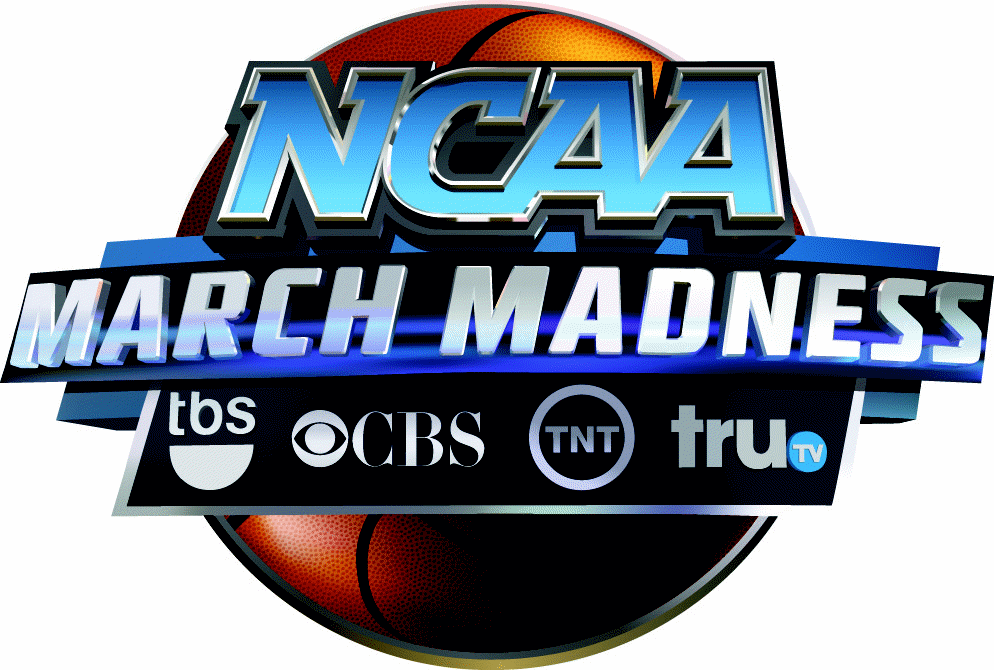It's that time of year again. It's time to celebrate the madness of a national collegiate basketball tournament. I personally love the excitement of the games. This is one of the only collegiate sports playoff systems that allows the little guy to make a run for a national championship. Who doesn't like a good Cinderella story? This year teams like Duke, Wisconsin, and Kentucky probably wouldn't like that kind of story but I for one love to sit on the edge of my seat and cheer on the tiny schools with the odds stacked against them as they knock down Goliath universities with thousands more students and much more money with a single shot in the final seconds of a game. Click here for a 15 minute reminder of the greatness of the NCAA Tournament.
I have never won a Bracket Challenge and often wonder if anyone consistently picks the right schools to win the tournament games. I wonder if the task of picking the winners of the tournament is a science, an art, or a mixture of the both? The folks at Kaggle, a community of data scientists are asking similar questions about the science of choosing teams to win the tournament. Intel, the inventor of the x86 microprocessor, is teaming up with Kaggle to host a competition among scientists to develop the most accurate algorithm for predicting tournament outcomes. Sadly, I do not have time to create my own algorithm but I do have time for my own little experiment.
I will be comparing the predictive capabilities of four individuals:
Jeff: Jeff is a businessman who loves basketball. He follows the game closely but he has a normal day job. Jeff participates in several bracket challenges each year and does his research about the teams in the tournament.
Gary Parrish: Gary is an analyst for CBS Sports, who call him a "College Basketball Insider." He will serve as our resident expert.
My Daughter #1: 7 years old. Does not care about basketball. Nor does she care who wins the NCAA tournament unless it means for some reason we would get to go out for ice cream at some point.
My Daughter #2: 4 years old. She doesn't care about basketball. In fact, she is mildly annoyed when I turn off cartoons in order to watch basketball games. She would, however, tolerate a game or two on a Saturday morning if there is a chance that a trip to the park would follow.
I posted the brackets for each person below and will update the blog regularly so you can follow their progress throughout the tournament.
I have never won a Bracket Challenge and often wonder if anyone consistently picks the right schools to win the tournament games. I wonder if the task of picking the winners of the tournament is a science, an art, or a mixture of the both? The folks at Kaggle, a community of data scientists are asking similar questions about the science of choosing teams to win the tournament. Intel, the inventor of the x86 microprocessor, is teaming up with Kaggle to host a competition among scientists to develop the most accurate algorithm for predicting tournament outcomes. Sadly, I do not have time to create my own algorithm but I do have time for my own little experiment.
I will be comparing the predictive capabilities of four individuals:
Jeff: Jeff is a businessman who loves basketball. He follows the game closely but he has a normal day job. Jeff participates in several bracket challenges each year and does his research about the teams in the tournament.
Gary Parrish: Gary is an analyst for CBS Sports, who call him a "College Basketball Insider." He will serve as our resident expert.
My Daughter #1: 7 years old. Does not care about basketball. Nor does she care who wins the NCAA tournament unless it means for some reason we would get to go out for ice cream at some point.
My Daughter #2: 4 years old. She doesn't care about basketball. In fact, she is mildly annoyed when I turn off cartoons in order to watch basketball games. She would, however, tolerate a game or two on a Saturday morning if there is a chance that a trip to the park would follow.
I posted the brackets for each person below and will update the blog regularly so you can follow their progress throughout the tournament.





Comments